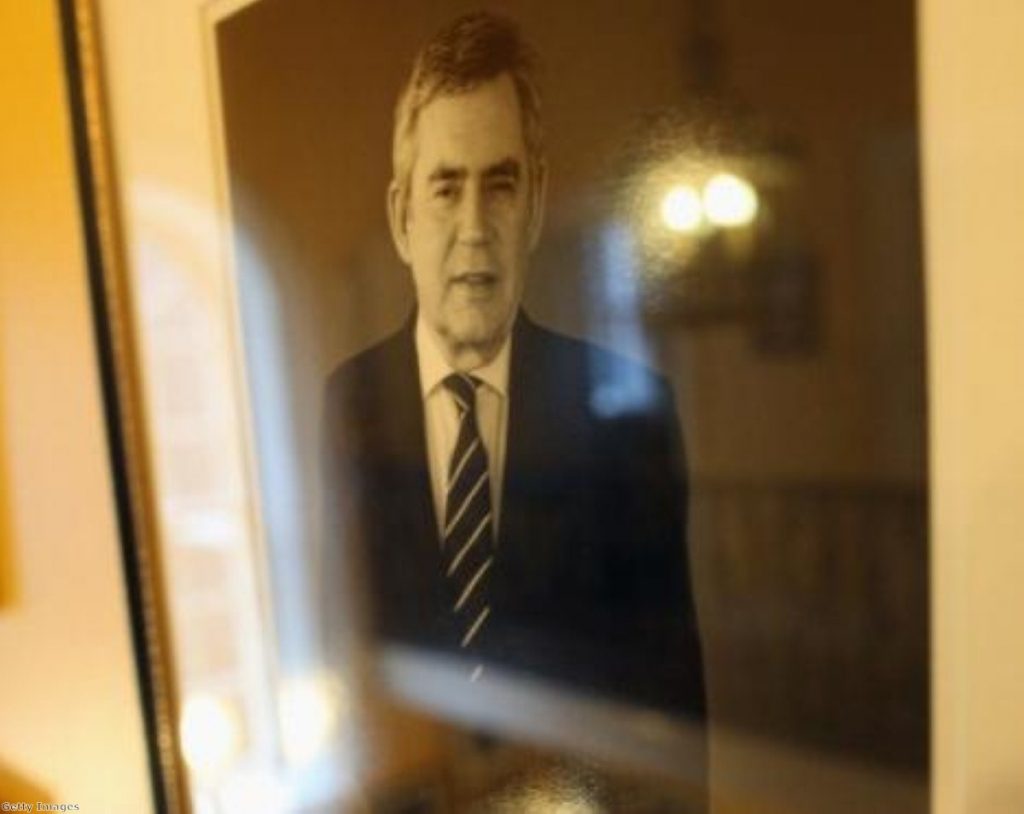Brown blasts News International
By Alex Stevenson Follow @alex__stevenson
Gordon Brown has hit out against Rupert Murdoch and the broader media, in an extraordinary Commons intervention.
The former prime minister attacked News International's "lethal combination of illegality, collusion and cover-up" in a half-hour speech on the floor of the Commons.
Yesterday Mr Brown made allegations that the Sun and the Sunday Times had paid figures from the "criminal underworld" to undermine him. Today Mr Brown used a parliamentary debate on Mr Murdoch's abandoned bid to intensify his offensive.


He said that as early as 2002 senior Scotland Yard officers had met Rebekah Brooks, News International's current chief executive, to warn them that "serious malpractice" was taking part on the part of her newspaper staff.
"The new investigation will no doubt uncover why no action was taken within News International and what lay behind the subsequent promotion of that junior editor concerned," he told MPs.
"The systematic use of base and unlawful methods – new crimes with new names: blagging, hacking, Trojans to break into computers and not just phones. It was not the misconduct of a few rogues or a few freelancers but, I have to say, lawbreaking often on an industrial scale, at its worst dependent on links with the British criminal underworld."
Mr Brown, who left Downing Street just 14 months ago, faced criticism from Conservative MPs who claimed he did all he could to court the Murdoch media empire.
He claimed the relationship between his New Labour administration and Mr Murdoch was "neither cosy nor comfortable".
James Murdoch had outlined an "ever more aggressive News International and BSkyB agenda", Mr Brown added, involving cutting the BBC licence fee, forcing BBC online to charge for its content and to open up more national sporting events to Sky.
"I rejected those policies," he said.
Tory MPs made repeated attempts to disrupt the speech, only one of a handful Mr Brown has given from the backbenches in this parliament.
As he pressed on, refusing to take interventions, Labour MPs around him repeatedly told government MPs to "sit down" and listen uninterrupted.
"A cover-up can be more damning than the original crime, and the decision of the News International chairman to pay, without reference to his board, some victims sums of around £500,000, may now be seen as the buying of silence," Mr Brown continued.
He claimed he had warned Liberal Democrat leader Nick Clegg face-to-face about the perils of David Cameron appointing Andy Coulson, the former News of the World editor, as his director of communications. Mr Coulson has been arrested in relation to the phone-hacking scandal.
The ex-PM made a number of recommendations for reform, including a call for newspaper apologies to be published on the front page.
He concluded: "If the irresponsibility that has characterised News International is not to define the public view of the media as a whole and if continued irresponsibility is not to force parliament to take ever stronger measures to protect the public from the press, we will need far more than the closure of a newspaper one day and the withdrawal of a bid the next."
Mr Brown's speech came in an opposition day debate calling for News International to abandon its £10 billion bid. News Corporation, the parent company, announced it had dropped the attempt to buy BSkyB before the debate began.
The motion, which stated that the bid was not in the public interest, was passed without a vote.









